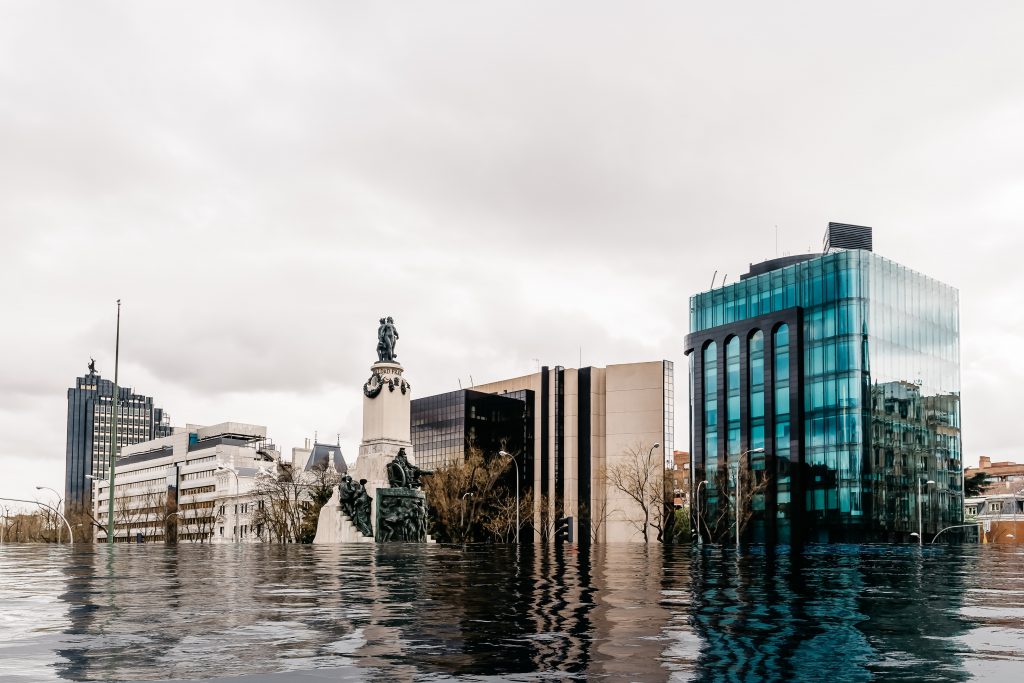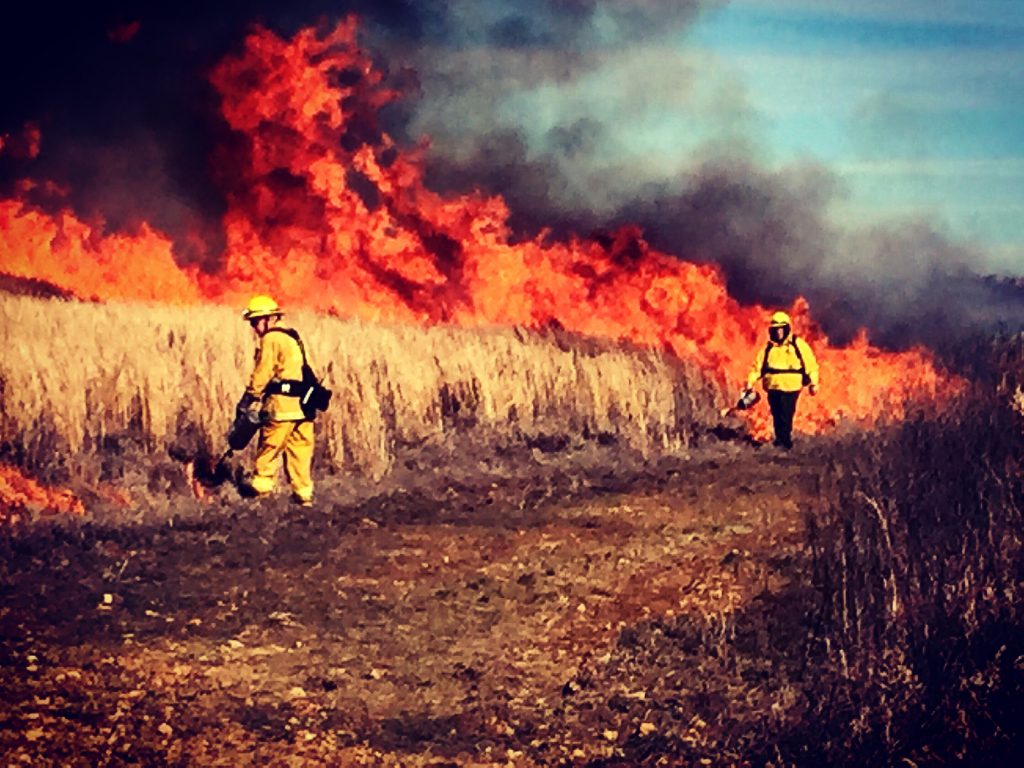
“The economic impacts of climate change on some industrial sectors could outmatch the annual gross domestic product of many U.S. states.”
The Climate Crisis impacts us all, directly, and indirectly. The intensity and frequency of severe weather events impacting our communities is creating life-threatening and economic hardships for citizens, governments, and businesses across the globe.
No one is immune. In the past few years, we’ve seen entire communities and lives go up in flames in California and even here in Washington, because of wildfires started by downed Utility electrical transmission lines (as we discussed in our last blog post). The emotional and financial implications of the Climate Crisis are devasting and will only worsen.
Industries including electrical Utilities are already highly aware of the economic implications of the Climate Crisis and are developing plans to mitigate their ongoing risks. The Edison Electric Institute, an investor-owned Utility association reports all its members have plans to reduce at least 80% of their carbon emissions in the next thirty years.

In California, Pacific Gas and Electric managed to emerge from a 2019 bankruptcy filing this year but may pay out as much as $13.5 billion to as many as 80,000 victims of wildfires caused by it’s equipment in 2017 and 2018.
That’s $13.5 billion paid out by just one company, in just one sector of all the industries in our country that will be impacted by the Climate Crisis, like the rest of us.
Utility Dive magazine took a deep examination of the Climate Crisis risks facing 18 different electrical Utilities across the US along with their risk management strategies and costs for the next 30-years. Many of these risks and costs are current and will only increase over time. The major risks include: Changes in precipitation; Floods, cyclones; Rising mean temperatures; Rising sea levels and Wildfires. Utility Dive notes that the risks vary by region meaning there’s not a one-size-fits-all risk or solution.
All industries and companies need to identify risk and mitigation plans to survive the impacts of the Climate Crisis.
Electrical Utilities have contributed substantially to the problem of the Climate Crisis via carbon emissions, but they’re also uniquely positioned to mitigate the issue through pivoting to clean, renewable energy to replace polluting fossil fuels. The good news is that the costs of building renewable energy sources of electricity is less than the cost of building new fossil fuel electric generation facilities so Utilities will be motivated financially to clean up their act. Locally, Puget Sound Energy is going to be challenged to get rid of the coal-based electricity that is a significant part of their electrical grid by 2025.
The transition to clean energy will take time and money and we’ll all pay for it – one way or another.


